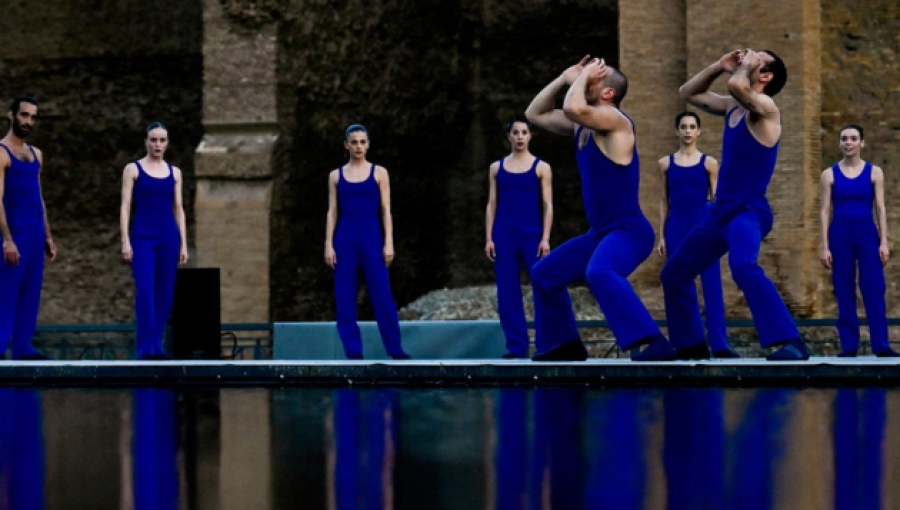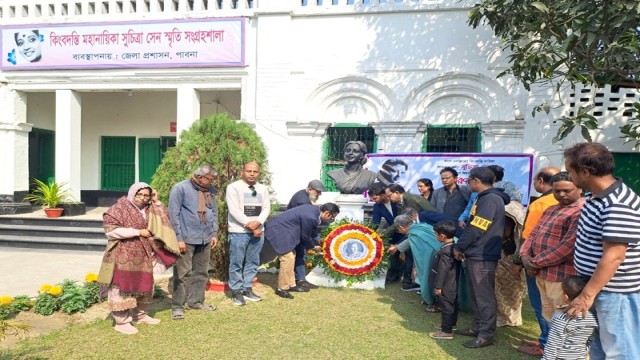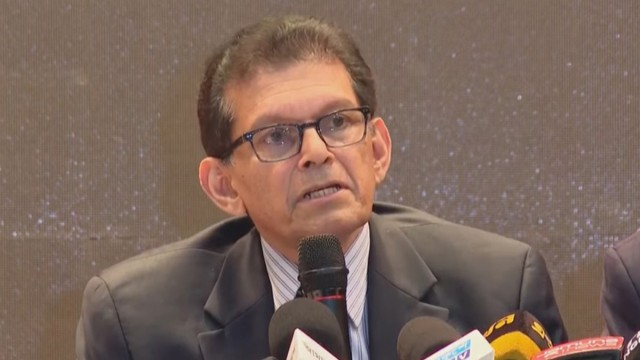Star dancer Steven McRae, known for his exceptional recovery from a devastating Achilles tendon injury, is urging the ballet world to prioritize the well-being of its artists in a forthcoming documentary titled "A Resilient Man". The film chronicles McRae's journey, from the traumatic injury during a Royal Ballet performance in 2019 to his remarkable return to the stage after a two-year rehabilitation.
McRae's experience has profoundly shifted his perspective on ballet culture, particularly regarding the treatment of injuries. In the dance world, injuries have traditionally been viewed as a sign of weakness, leading many dancers to push through pain and physical strain without adequate support. McRae emphasized the need for a more compassionate approach, highlighting the dangerous norms of overexertion and neglecting physical health.
His path to recovery was arduous, involving intensive physiotherapy and a renewed focus on physical fitness. McRae recognized that his previous approach, characterized by extreme exertion and reliance on painkillers, was unsustainable and ultimately contributed to his injury.
Now advocating for change, McRae aims to challenge ballet's fixation on slender figures and unrealistic physical ideals. He believes in fostering a more inclusive and supportive environment within ballet academies and companies, focusing on nurturing young artists' skills and individuality rather than superficial appearance.
The documentary director, Stephane Carrel, hopes that "A Resilient Man" will spark discussions and prompt positive transformations within the ballet community. Carrel stresses the importance of prioritizing dancers' well-being and ensuring that dance remains a joyful and fulfilling pursuit, free from harmful pressures and expectations.
McRae's story serves as a powerful reminder of the resilience and determination of dancers, while also shedding light on the urgent need for systemic changes to promote healthier practices and protect the physical and mental health of artists.































Comment: